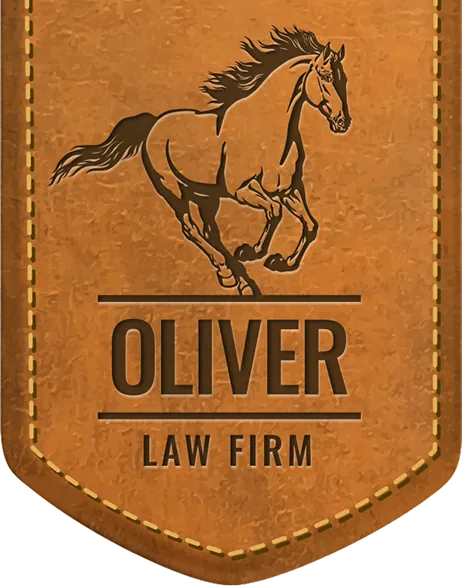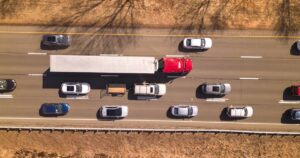Proving fault is a key step toward recovering the financial compensation you deserve after a car accident in Arkansas. Once you determine who (or what company) was at fault for the accident, this will tell you what claim (or claims) you need to file. While recovering financial compensation after a car accident usually involves dealing with the other driver’s insurance company, there are other possibilities as well, and you don’t want to waste time dealing with the other driver’s insurance company if you should be dealing with a different one.
So, how do you determine fault in a car accident?
Evidence of Fault in a Car Accident
Determining fault in a car accident starts with gathering as much evidence as possible. This includes evidence from the accident scene, each of the vehicles involved, and potentially a variety of other sources. Common examples of evidence used to prove fault in a car accident include:
- Skid marks, debris, and other forensic evidence from the accident scene
- The location and extent of the damage to each of the vehicles involved
- Traffic camera or security camera footage
- Cell phone or dash camera footage
- Eyewitness testimony
- Social media posts after the accident
- Receipts, cell phone records, employment records, and other documents
Again, these are just examples. When you hire an experienced car accident lawyer to represent you, your lawyer will work quickly to gather all of the available evidence so that he or she can determine who (or what company) was at fault in the collision.
Two Forms of Fault in a Car Accident: Negligence and Strict Liability
Fault in a car accident can take two main forms. The first form is negligence. Negligence involves making a mistake that leads to another person’s injury, and it is by far the most common factor involved in vehicle collisions.
The second form is strict liability. Under Arkansas law, vehicle manufacturers and other companies can be held “strictly liable” for selling defective products. When strict liability applies, proof of negligence isn’t required.
1. Negligence
Many different types of negligence can lead to car accidents. For example, some of the leading causes of car accidents in Arkansas include:
- Distracted driving
- Drowsy driving
- Ignoring traffic signs and signals
- Impaired driving
- Merging and turning errors
- Speeding
- Tailgating
Along with these types of negligence—all of which involve mistakes behind the wheel—employers can also be held liable for making negligent hiring decisions, and government contractors can be held liable for negligently constructing or maintaining the public roads. There are other possibilities as well. Again, most car accident cases involve negligence, so determining fault in your car accident will most likely involve identifying the specific mistake that led to the collision.
2. Strict Liability
When a manufacturer or dealership sells a defective vehicle, strict liability will generally apply. In this scenario, even though the manufacturer or dealership wasn’t directly involved in the collision, it can still be deemed at fault based on its sale of a defective product. Some of the most common defective parts in cars, trucks, and SUVs include:
- Accelerators
- Airbags
- Brakes
- Autopilot systems
- Lane-keeping and other driver assistance technologies
- Suspension, engine, and transmission components
- Wheels and tires
Proving a vehicle defect involves a different process from proving negligence, and the process of filing a strict liability claim is different as well. As a result, if you have a strict liability claim, it is important to make sure you have a lawyer with relevant experience on your side.
In Arkansas, product liability claims must be commenced within three years of the date on which the death, injury, or damage complained of occurred (see Ark. Code § 16-116-203). This is one of several reasons why it is important to speak with an experienced car accident lawyer as soon as possible.
Fault and Liability Aren’t Necessarily the Same
When discussing fault in a car accident, it is important to distinguish between fault and liability. In some cases, even if a company wasn’t at fault in a car accident, it can still be held liable under Arkansas law. One of the most common examples is cases involving employers’ “vicarious liability.” When an employee causes an accident while driving within the scope of his or her employment, his or her employer will be liable in most cases. While they aren’t considered “employers,” rideshare companies carry liability insurance that covers their drivers’ accidents as well.
Schedule a FREE Consultation with a Rogers Car Accident Lawyer
Our lawyers help car accident victims in Arkansas recover full and fair compensation. If you have been injured in a collision, we can conduct an investigation to determine who (or what company) is responsible.
To learn more in a FREE and confidential case evaluation, give us a call at 479-202-5200 or request an appointment online today. We serve clients across Arkansas and throughout the United States from our office in Rogers, AR.
a Free Consultation



